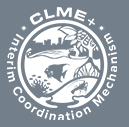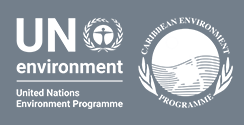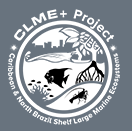Featured Projects supporting CLME+ SAP implementation
Improve water quality, rehabilitate the coastal and marine ecosystems, and avoid depletion of marine resources of the Gulf of Mexico Large Marine Ecosystem
The MAR2R project supports regional collaboration for integrated ridge-to-reef management of the world’s largest transboundary barrier reef, the Mesoamerican Reef, which spans over 1,000 kilometres of coast and is affected by water from four countries: Belize, Guatemala, Honduras and Mexico
GEF-IWEco is a multi-focal, regional project that addresses the challenges faced by ten Caribbean SIDS as they seek to preserve fragile marine and terrestrial ecosystems and ensure the sustainability of livelihoods.
Overfishing has led to a decline in the numbers of billfish species across the Atlantic, threatening these important commercial and recreational fisheries and associated livelihoods. The Caribbean Billfish Project aims to reduce mortality amongst billfish and increase billfish stocks by developing conservation actions that protect billfish species from unsustainable harvests, while maximizing their economic value using alternative methods.
CMA-2 is a repository of geospatial data and documents that is relevant to Integrated Coastal Zone Management (ICZM) and the Caribbean Large Marine Ecosystem (CLME) in particular. This platform is meant to improve regional decision-making in the environmental management sector by providing managers and policy-makers with access to the data, information and tools necessary to make timely, effective and fact-based decisions with regard to environmental stewardship of the CLME.
The IW:LEARN project was established to strengthen transboundary water management around the globe by collecting and sharing best practices, lessons learned, and innovative solutions to common problems across the GEF International Waters portfolio. It promotes learning among project managers, country official, implementing agencies, and other partners who are involved directly with the GEF International Waters Portfolio.
The Caribbean Regional Oceanscape Project (CROP) promotes a common approach to ocean governance amongst countries belonging to the Organization of Eastern Caribbean States (OECS). It aims to strengthen capacity for ocean governance and coastal and marine geospatial planning.
The Global Environment Facility (GEF) Small Grants Programme (SGP) supports community-led initiatives that address environmental issues in developing countries through the provision of financial and technical support, while also generating sustainable livelihoods.
This innovative project, implemented by the Inter-American Development Bank (IDB) and UNEP from 2011 – 2017, addressed the increasing demand for sustainable financing to implement cost-effective, appropriate solutions to wastewater management in a region where as much as 85 percent of wastewater is discharged to the marine environment untreated.
The REBYC-II LAC Project addresses barriers to better management of bycatch in the shrimp/bottom trawl fisheries in the six project countries – Brazil, Colombia, Costa Rica, Mexico, Suriname and Trinidad and Tobago.
The second CBC phase (2017-2020) builds on the planning and decision-making framework established by the Governments of the Dominican Republic, Cuba and Haiti in collaboration with UNEP/ROLAC, in 2010, for addressing biodiversity conservation through regional cooperation.
In response to the wide range of impacts that Climate Change is expected to have upon the Eastern Caribbean fisheries sector, this project aims to improve understanding and awareness of vulnerability of the fisheries sector and strengthen regional policy for adaptation to increase resilience and reduce vulnerability.
The Amazon Project, executed by the Amazon Cooperation Treaty Organization (ACTO), helped the eight countries (Bolivia, Brazil, Colombia, Ecuador, Guyana, Peru, Suriname and Venezuela) which share the Amazon River Basin, agree on a shared vision for one of the most important ecosystems on the planet.
The StewardFish Project supports implementation of the CLME+ SAP within the small-scale fisheries of the members of the Caribbean Regional Fisheries Mechanism (Antigua & Barbuda, Barbados, Belize, Guyana, Jamaica, Saint Lucia, St. Vincent & the Grenadines ).
The CCI is an unprecedented public-private partnership, formed in 2008, between the governments of seven Caribbean countries and two territories and responsible business leaders, committing them to the conservation of at least 20% of their nearshore marine and coastal environments in national marine protected areas systems by 2020.
By the time it ended in 2017, the five-year ECMMAN Project had significantly increased support for Marine Managed Areas amongst coastal communities in six Eastern Caribbean countries – Antigua & Barbuda, Dominica, Grenada, St. Kitts & Nevis, Saint Lucia, and St. Vincent & the Grenadines.
CaribNode is an online, regional platform featuring authoritative national and regional data. Resource managers and decision-makers will find a range of maps, map-layers, documents and decision support tools generated from data submitted by several Caribbean countries as well as the Nature Conservancy’s Eastern Caribbean Programme and IUCN’s World Database on Protected Areas.
The sharing of experiences and resources amongst Marine Protected Areas (MPAs) managers is important for learning and effective management. The CaMPAM Network and Forum, created by UNEP’s Caribbean Environment Programme in 1997, under the Specially Protected Areas and Wildlife (SPAW) Protocol of the Cartagena Convention, created several tools and services.
The Caribbean Observatory, hosted by the University of West Indies (UWI) Centre for Resource Management and Environmental Studies (CERMES), is one of four Regional Observatories for Protected Areas and Biodiversity established during Phase I of the BIOPAMA programme.
Each year, billions of tonnes of ballast water containing marine life and sediment, are transferred throughout the world by cargo ships, making it one of the main vectors of potentially invasive alien species. These can cause extremely severe environmental, economic and public health impacts.
The GEF LME:LEARN project (2016-2019) promotes and supports a regional framework and science-informed process to measure the changing state of large marine ecosystems (LMEs) and the large-scale concerted action which is needed to reduce the pressures they face.










